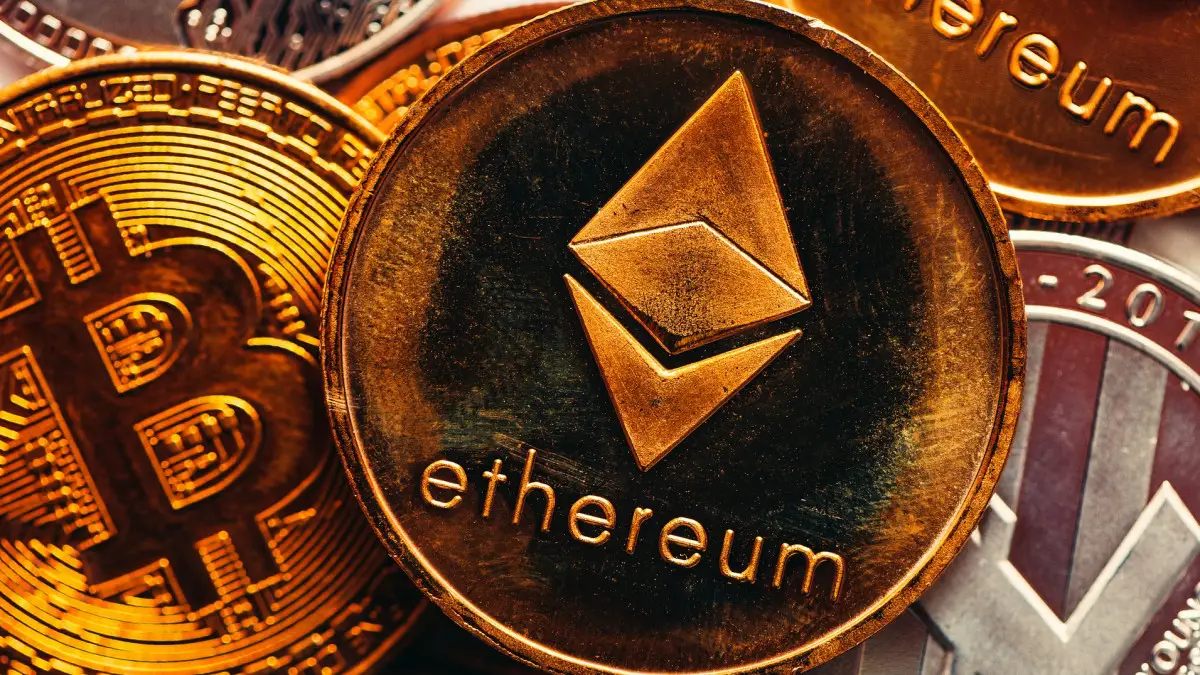Ethereum (ETH) has provided investors with substantial capabilities to determine levels of compliance amid current efforts to regulate cryptocurrency markets, reports show.
Sanctions in the United States Office of Foreign Assets Control (OFAC) have forced compliance for roughly 60 percent of Ethereum blocks after the Merge update.
This major compliance rate has allowed Ether to receive a high degree of compliance. Data shows that 67 out of 100 Ethereum blocks had forced compliance with OFAC regulations.
Miner’s Remorse?
Ethereum’s censoring capacity on miner extractable value (MEV) relays has caused speculators to question the blockchain ecosystems’ neutrality, reports show.
Currently, Binance, Coinbase, Kraken and others use MEV relays, which mediate between block producers and builders, on their platforms. Censorship in the blockchain ecosystem has sparked other cryptocurrency platforms to develop non-censoring MEV-boost relays to mitigate the issue.
Non-censoring platforms for validators and relay operators include Aestus, Ultra Sound Money, BloxRoute Ethical, Manifold, and others.
Ethereum ‘Scourge’ Combats Censorship
The news comes after Ethereum co-founder Vitalik Buterin announced in November he would add his Scourge technical roadmap to the cryptocurrency.
The update aimed to boost the platform’s proof-of-stake network to provide “reliable and credibly neutral transaction inclusion” while avoiding protocol risks from MEVs. This hopes to combat miners exploiting transactions on the network and censoring investors, reports showed at the time.




